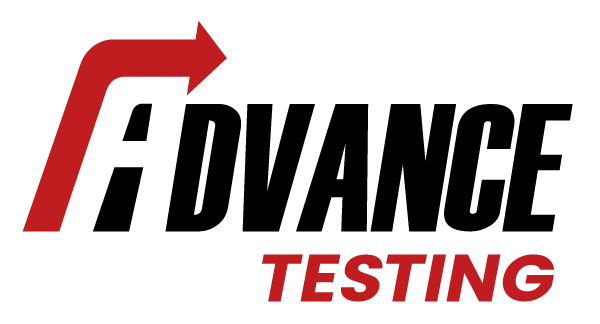Geotechnical Engineering Services
Project Assessment
Often the most important aspect of geotechnical engineering is a clear understanding of the problem. An initial consultation would typically include meeting with the client plus a brief information review or site walkover. This can often help steer the project in the right direction early, before costly design and construction begins. Clearly laying out a path and options at this stage helps the client make informed decisions and better understand their project requirements.
Site Investigation
Ground Improvement
Ground improvement can be used as a means to construct at sites with difficult ground conditions such as compressible, weak, or liquefiable soils. We have experience with preloading, rapid impact compaction, and other techniques normally used in the Lower Mainland.
Instrumentation
We work with our drilling subcontractors to design and install geotechnical instrumentation for our own projects and as needed for clients. This may include standpipe/electric piezometers to measure groundwater levels, slope inclinometers, settlement gauges, thermistors, and other installations.
Foundation Design
Due to the variable ground conditions of the lower mainland, a number of foundation types are regularly used. For more competent bedrock and soils, concrete spread footings are the conventional standard. Many sites with poorer conditions, however, require other solutions including raft (mat) foundations, and deep foundations such as steel, concrete or timber piles which are either driven, drilled, or cast into place as well as other specialized systems. Designs normally must take into account seismic hazard, including assessing liquefaction potential so that structural designers can take into consideration the site’s expected response under an earthquake event.
Retaining Walls & Engineered Slopes
Due to the variable ground conditions of the lower mainland, a number of foundation types are regularly used. For more competent bedrock and soils, concrete spread footings are the conventional standard. Many sites with poorer conditions, however, require other solutions including raft (mat) foundations, and deep foundations such as steel, concrete or timber piles which are either driven, drilled, or cast into place as well as other specialized systems. Designs normally must take into account seismic hazard, including assessing liquefaction potential so that structural designers can take into consideration the site’s expected response under an earthquake event.
Landslide Hazard Assessments
Legislated Landslide Hazard or “Geohazard” Assessments have been a part of the BC Building Code since 2006, introduced to address safety for land development projects such as new subdivisions. These studies help identify natural hazard risks to a property, or as a result of new construction. We work with local governments to understand their requirements and acceptable risk levels, to ensure that the owner receives a practical Landslide Hazard Assessment for their project.
Road & Pavement Design
Development projects large and small typically require roadway design in some capacity. Based on a site investigation our experienced personnel will deliver a design for the road structure based on the existing soil conditions. Depending on the municipality or type of road being built, many factors will need to be considered. Visual pavement condition surveys and Benkelman Beam testing of existing road structures may also be employed in determining roadway repairs.
BCBC Letters of Assurance
Schedule B / Schedule CB”. We provide Letters of Assurance for geotechnical aspects of the project, as required by municipalities issuing the building permit.
Stormwater Management
Infiltration design (i.e. trench drains, rock pits), site grading, reviewing the removal of perimeter drains from design where possible.
Temporary Works
We can provide cost-effective, safe temporary works design for construction. This can include excavation reviews, excavation support/shoring design, retaining walls, crane foundations, and value engineering to help develop suitable Specifications and testing and monitoring approaches.
Construction Monitoring
We can provide cost-effective, safe temporary works design for construction. This can include excavation reviews, excavation support/shoring design, retaining walls, crane foundations, and value engineering to help develop suitable Specifications and testing and monitoring approaches.
Site
Testing
We are equipped for a wide array of geotechnical testing services: Pile Drive Analysis (PDA), Vibration Monitoring, Plate Load Testing, DCP, Benkelman Beam, Nuclear Densometer, and others.
NEED A GEOTECHNICAL ENGINEER ON YOUR NEXT PROEJCT?
We’ll put content in here – a call to action to get them to contact you
About Us
Advance Testing Ltd. offers Materials Testing Engineering and Testing Services in a variety of residential, and commercial infrastructure and building projects throughout the Lower Mainland of BC.
We welcome the opportunity to work together to provide common-sense solutions for your project.
SERVICES
- OVERVIEW
- SOIL TESTING
- CONCRETE TESTING
- ASPHALT TESTING
- QUALITY CONTROL
- SPORTS FIELD TESTING
CONTACT US
- Unit 5, 9525 – 189th Street, Surrey,
British Columbia - Call: 604 513 0316
